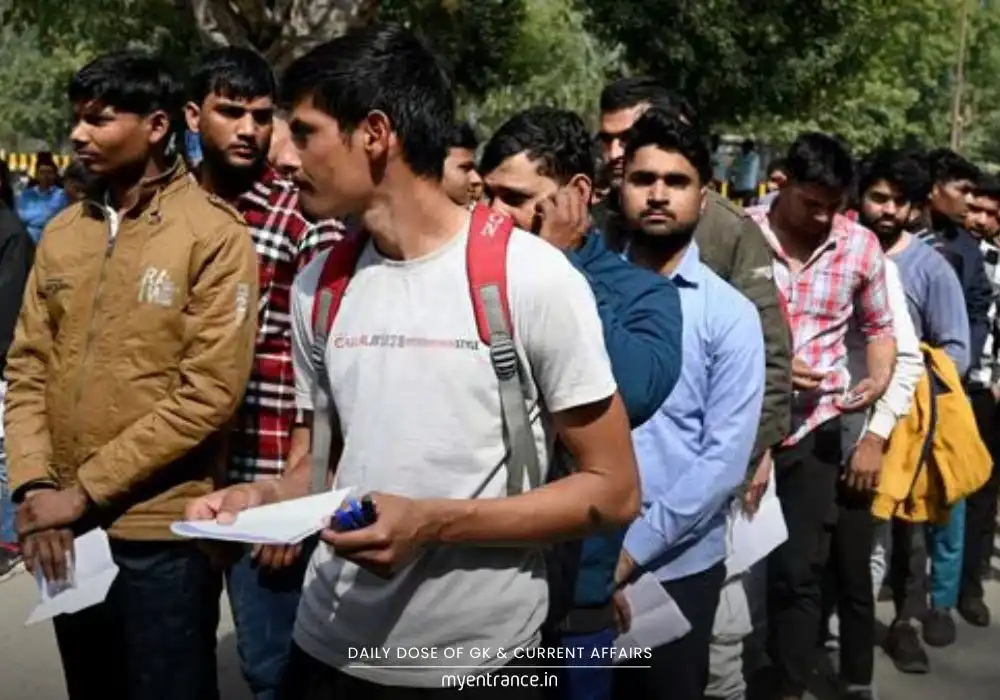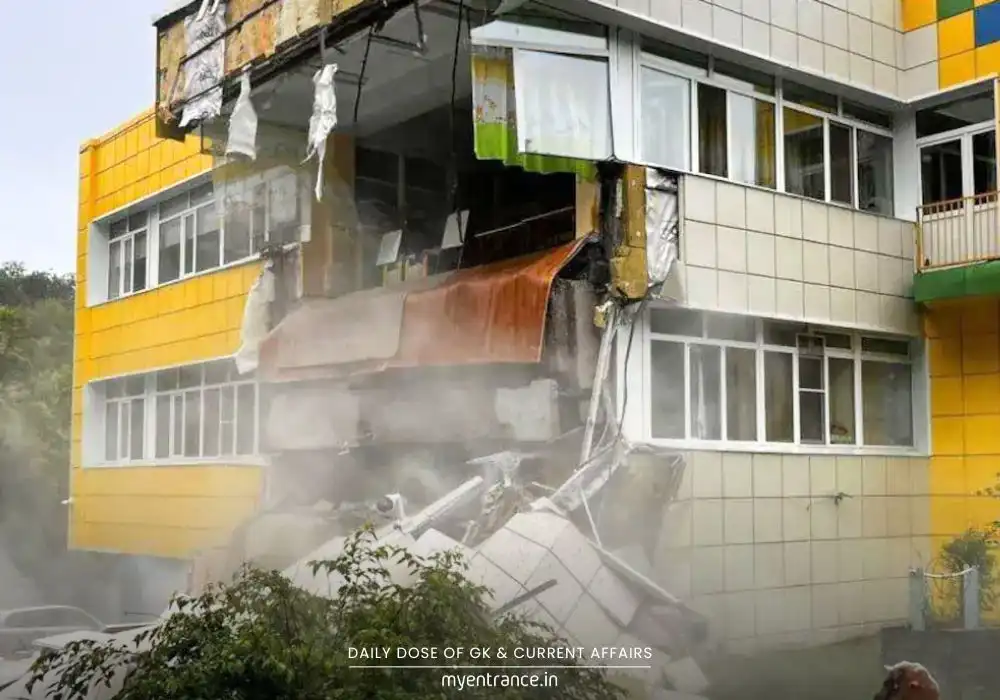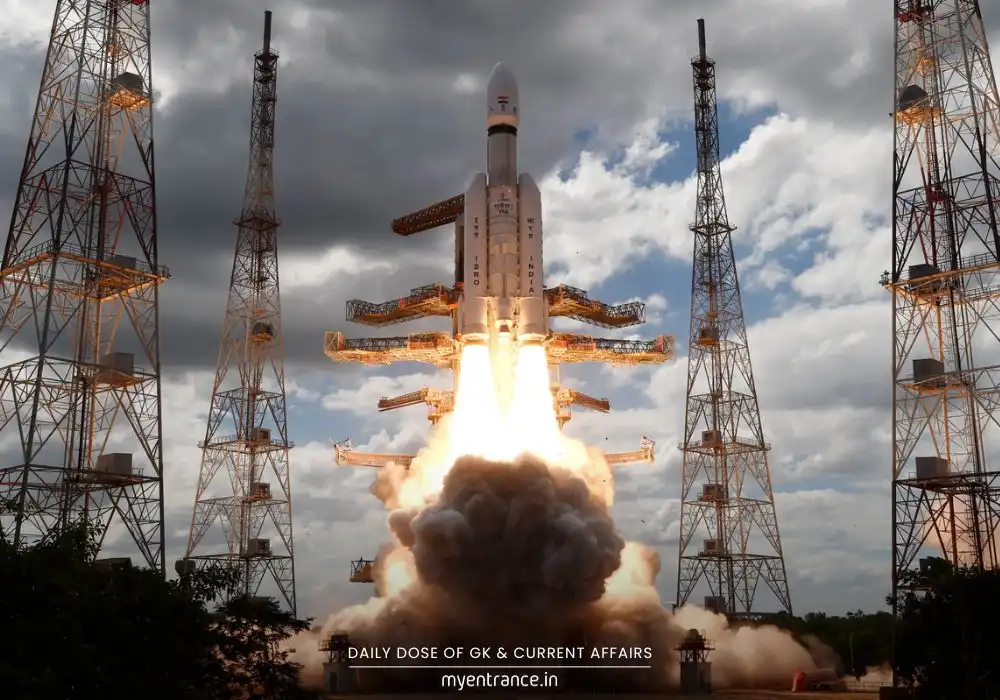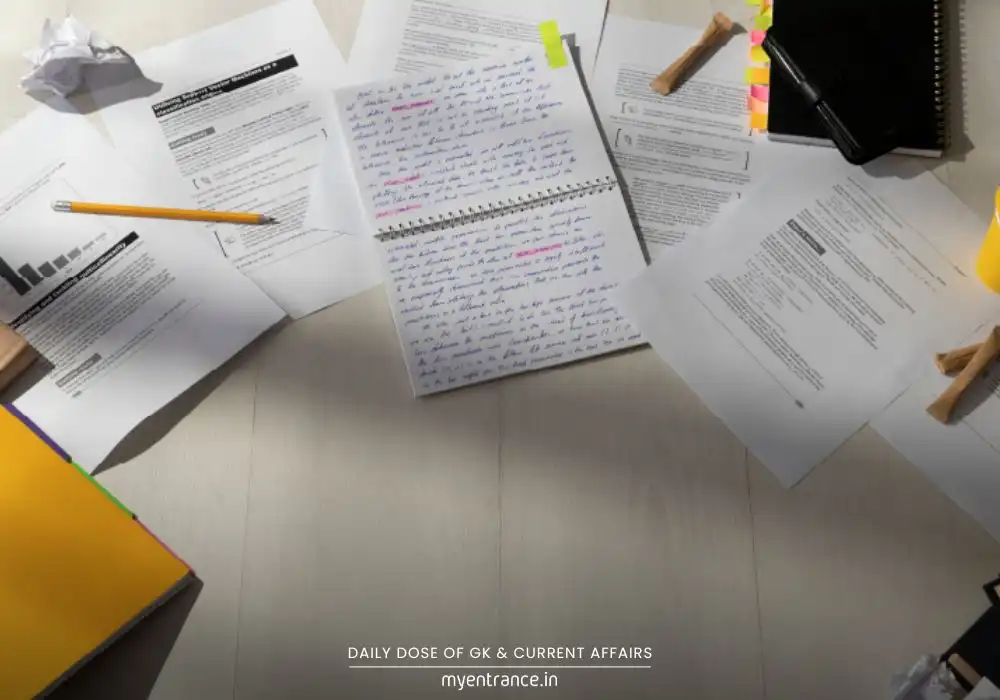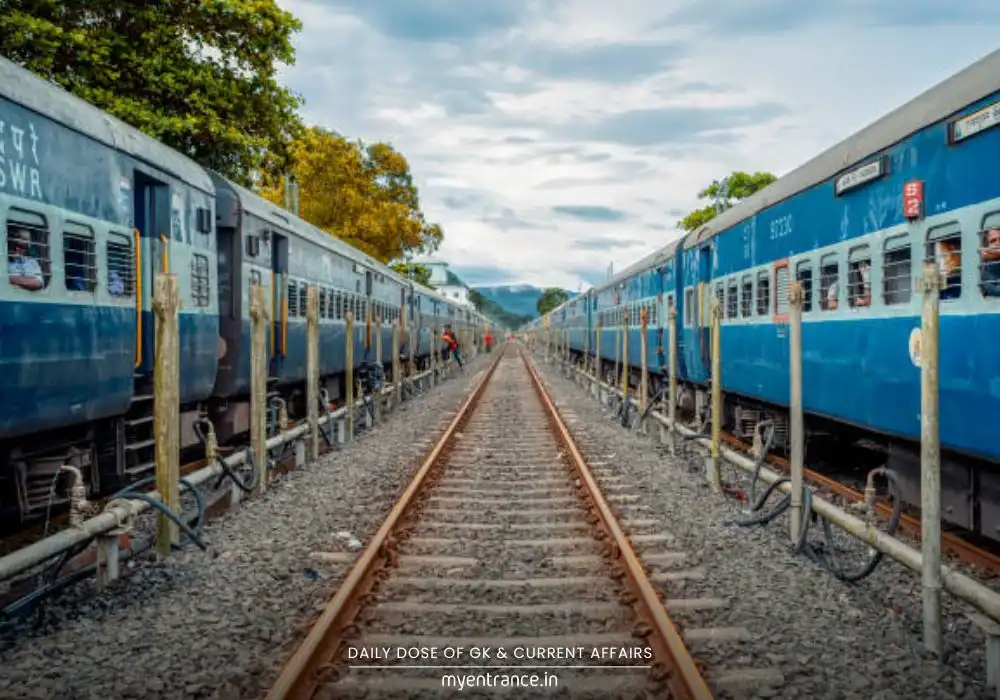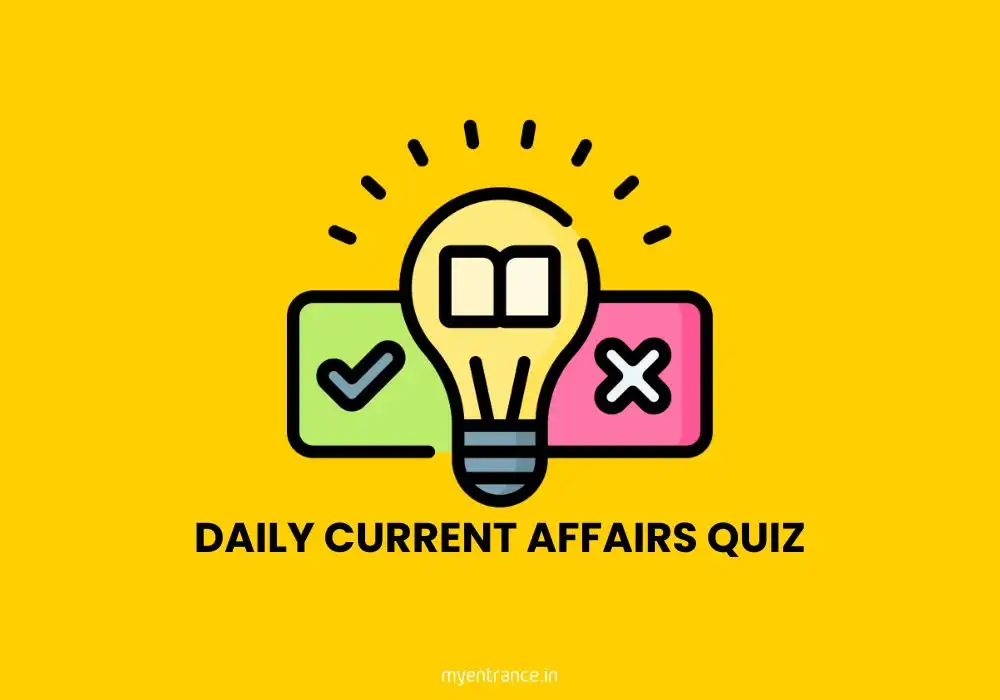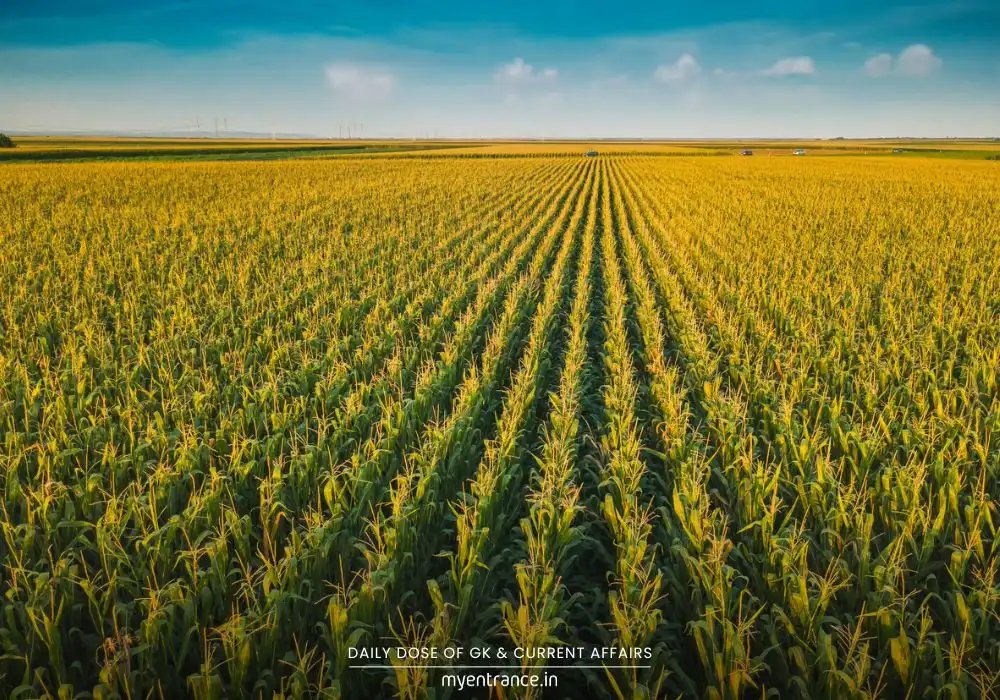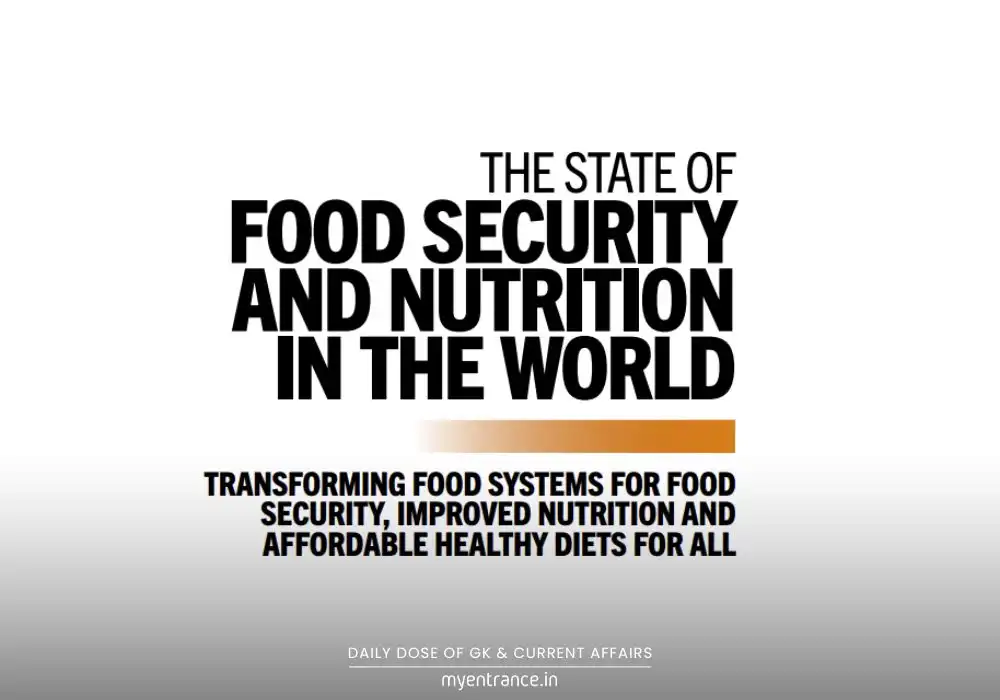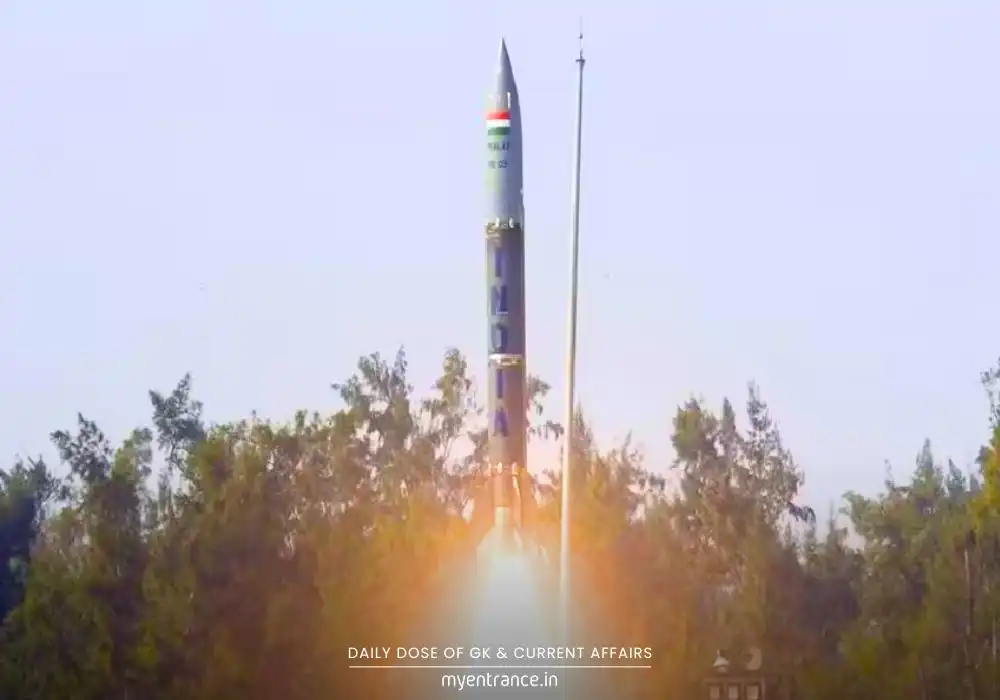Translate Language
Conflict at the Border: India’s Travel Advisory & Geopolitical Implications for SSC/UPSC
Rising tensions between Thailand and Cambodia have triggered a humanitarian crisis and regional instability. India is closely monitoring the conflict, urging both nations to cease hostilities while assisting stranded Indian travelers. This development holds critical relevance for competitive exams, testing knowledge of ASEAN, India’s foreign policy, and global conflict resolution mechanisms.
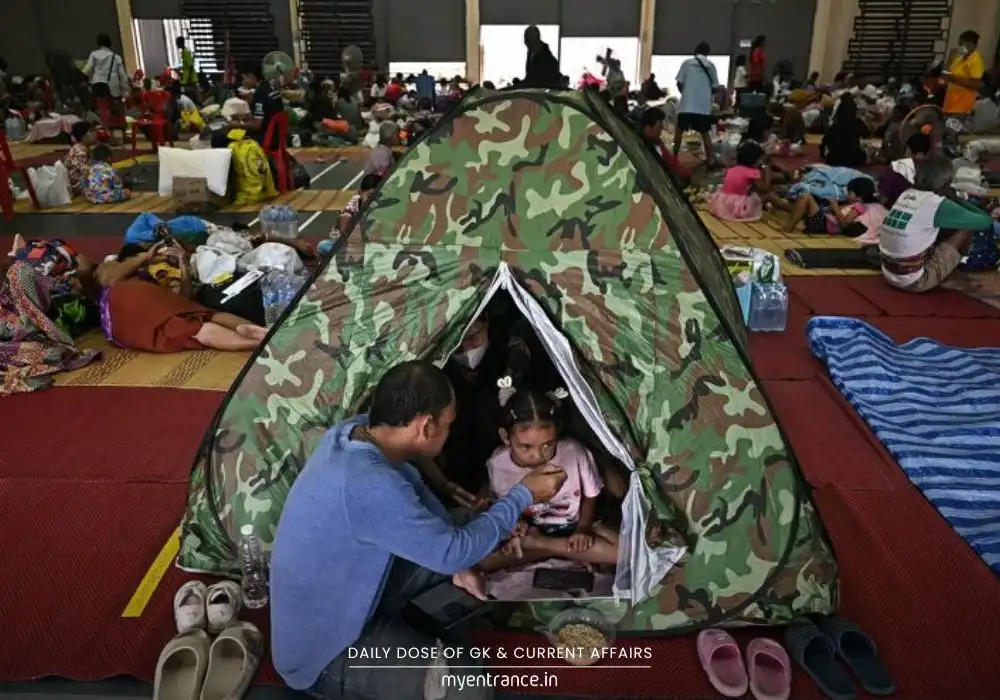
India Steps In Amid Thailand-Cambodia Border Crisis
As violent clashes escalate along the Thailand-Cambodia border, India has adopted a cautious diplomatic stance. Ministry of External Affairs spokesperson Randhir Jaiswal confirmed India is “closely monitoring” the situation, emphasizing close ties with both nations. New Delhi hopes for “cessation of hostilities” and has issued a vital advisory: Indian travelers in Cambodia or Thailand should contact local embassies for emergency support.
The conflict has already claimed 32 lives and displaced 150,000 civilians. Thailand sealed border crossings and both countries recalled ambassadors, signaling deepening tensions. The UN Security Council has intervened, urging ASEAN—the Southeast Asian regional bloc—to mediate. Notably, Cambodia’s PM announced a ceasefire after discussions with the US President, though Thailand demands “sincere intention” from Cambodia before halting military action.
Why This Matters for SSC/UPSC/PSC Exams:
Current Affairs Weightage: Directly linked to UPSC Prelims “International Events” and Mains GS-II (Bilateral/Regional Groupings).
ASEAN Significance: Tests understanding of regional bodies’ conflict-resolution roles (Key for GS-II).
Act East Policy: Evaluates how neighboring conflicts impact India’s strategic outreach.
Diplomatic Dynamics: Illustrates India’s balanced diplomacy in crises (GS-II).
Map-Based Questions: Likely location-tagging of Cambodia, Thailand, or ASEAN members.
Questions & Answers on India-Thailand-Cambodia Diplomatic Relations
Q1: Which regional organization did the UNSC urge to mediate in the Thailand-Cambodia clashes?
A1: The Association of Southeast Asian Nations (ASEAN).
Q2: How has India responded to the conflict?
A2: India is monitoring closely, urging de-escalation, and issued a travel advisory for citizens in both nations.
Q3: What is Prasat Ta Muen Thom’s relevance to this conflict?
A3: It’s a disputed 11th-century Hindu temple complex along the Thailand-Cambodia border—a flashpoint in historical tensions.
Q4: How does this conflict impact India’s Act East Policy?
A4: Instability in ASEAN undermines India’s efforts to deepen economic/strategic ties with Southeast Asia under this policy.
Q5: Which key document would cover this issue for UPSC Mains?
A5: General Studies Paper-II (Section: Bilateral/Regional Groupings affecting India’s interests).
Get 3 Months Free Access for SSC, PSC, NIFT & NID
Boost your exam prep!
Use offer code WELCOME28 to get 3 months free subscription. Start preparing today!
